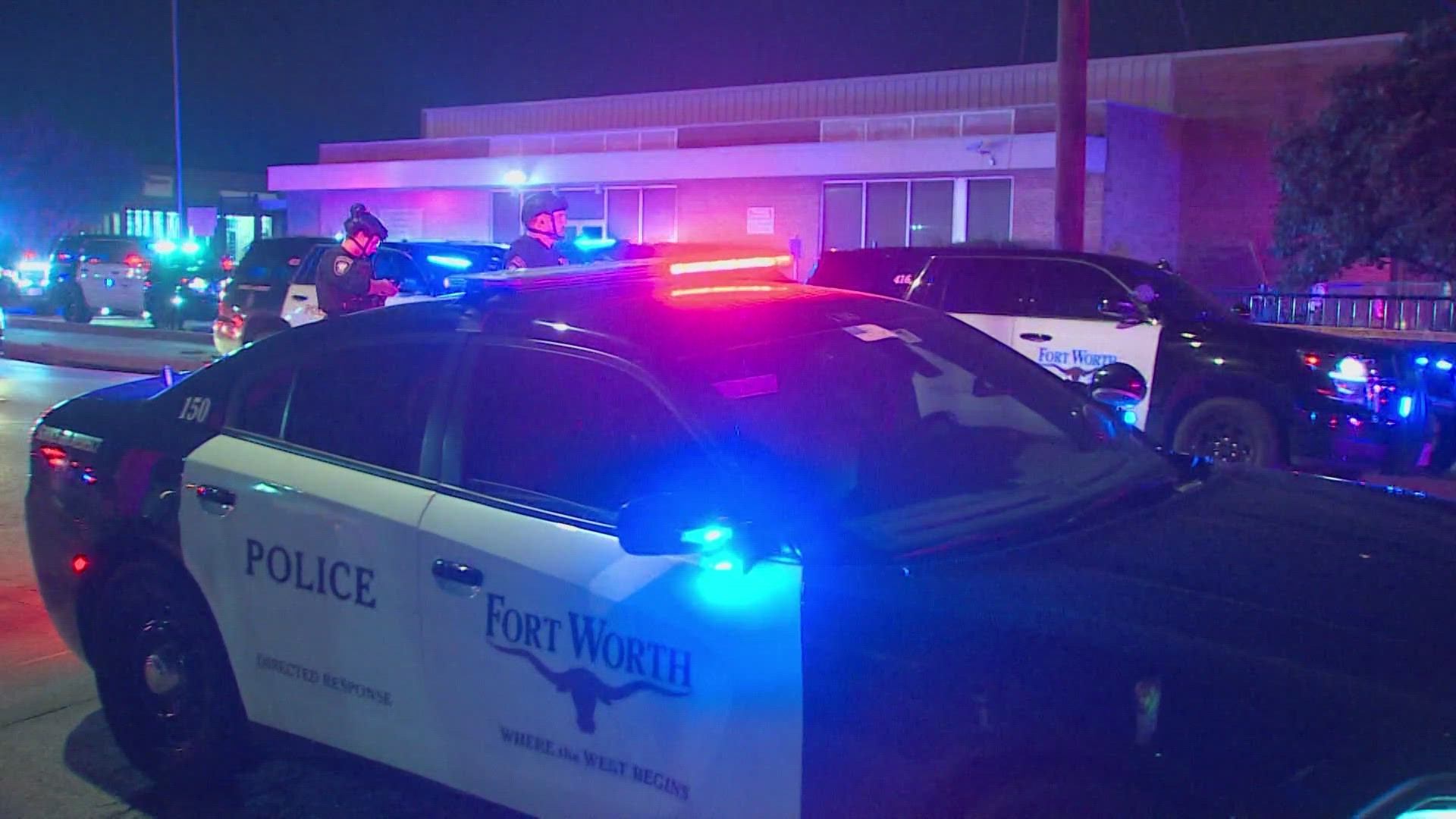Introduction
In today’s society, interactions with law enforcement can be intimidating and fraught with uncertainty. Unfortunately, many misconceptions about these encounters can lead to misunderstandings and even escalate tensions unnecessarily. By debunking these misconceptions, individuals can better navigate interactions with the police, promoting mutual understanding and cooperation.
Not Guilty Bail Bonds offers best bail bonds services in Texas, helps you very well, and is the fastest growing bail bonds processing agency for domestic violence cases in the northeast Dallas area.
Myth: “I Have to Consent to a Search”
One common misconception is that individuals must consent to a search if requested by law enforcement. However, the Fourth Amendment protects against unreasonable searches and seizures, requiring officers to obtain a warrant or have probable cause before conducting a search without consent. It’s essential for individuals to know their rights and assert them respectfully, stating clearly if they do not consent to a search.
Do you need Bail Bondsman in Sulphur Springs? Our Bondsman helps an inmate get released from Texas jails. Call us today: GREENVILLE, TX(903) 527-5252 , MCKINNEY, TX(469) 714-0404 and SULPHUR SPINGS(903) 438-8900.
Myth: “Remaining Silent Makes Me Look Guilty”
Another misconception is that invoking the right to remain silent implies guilt. In reality, the Fifth Amendment protects individuals from self-incrimination, allowing them to refrain from answering questions without adverse legal consequences. Remaining silent is a fundamental right and a prudent choice during police interactions, as anything said can be used against an individual in court.
Myth: “I Can’t Record Police Officers”
Contrary to popular belief, individuals have the right to record law enforcement officers in public spaces, as long as they do not interfere with official duties. Recording interactions can serve as valuable evidence and help hold officers accountable for their actions. However, it’s essential to exercise caution and avoid obstructing officers or violating any laws while recording.
Myth: “I Must Show ID Upon Request”
While police officers have the authority to request identification during certain interactions, individuals are not always required to provide it. The laws regarding identification vary depending on the circumstances and jurisdiction. In general, individuals should comply with lawful requests for identification but can politely ask the officer about the basis for the request if unsure.
Myth: “I Can’t Refuse a Breathalyzer Test”
In situations involving suspected DUI (Driving Under the Influence), individuals may believe they cannot refuse a breathalyzer test without facing severe consequences. While there may be legal repercussions for refusing a breathalyzer test, such as license suspension, individuals still have the right to decline. However, it’s crucial to be aware of the potential consequences and seek legal advice if unsure.
Myth: “Police Officers Must Read Miranda Rights Immediately”
There is a common misconception that police officers must read Miranda rights (the right to remain silent and the right to an attorney) as soon as an individual is arrested. In reality, Miranda rights only need to be read before a custodial interrogation, where the individual is both in custody and being questioned. Failure to read Miranda rights does not automatically invalidate an arrest but may affect the admissibility of statements made during interrogation.
Conclusion
Navigating interactions with law enforcement can be challenging, especially when faced with common misconceptions about rights and responsibilities. By understanding and debunking these myths, individuals can better protect their rights and ensure fair treatment during police encounters. It’s essential to remain calm, assert one’s rights respectfully, and seek legal guidance if necessary to promote positive outcomes and foster mutual respect between individuals and law enforcement.
We are giving service 24/7, contact our Hopkins County Jail services at (903) 438-8900 and learn more about our services and find out how we can assist you in your critical time.

